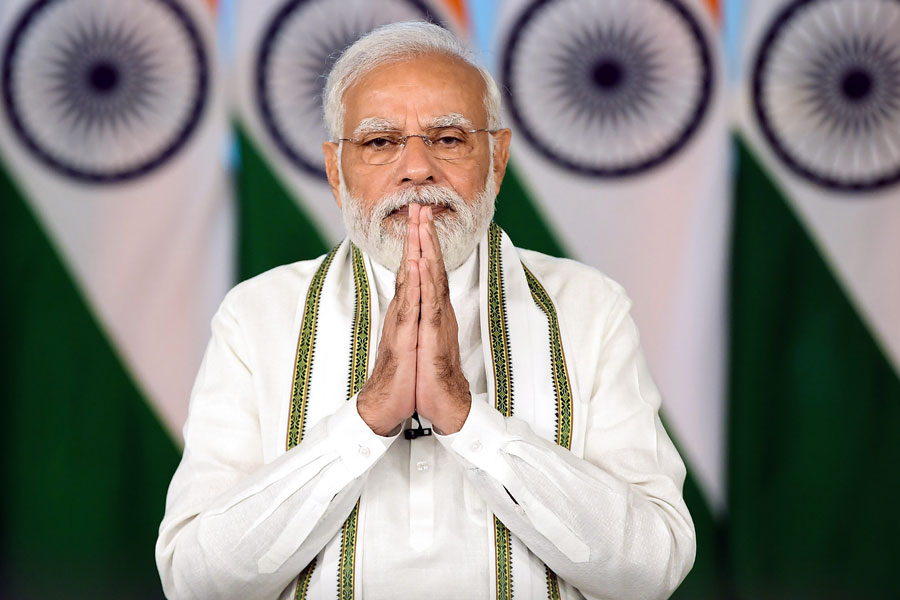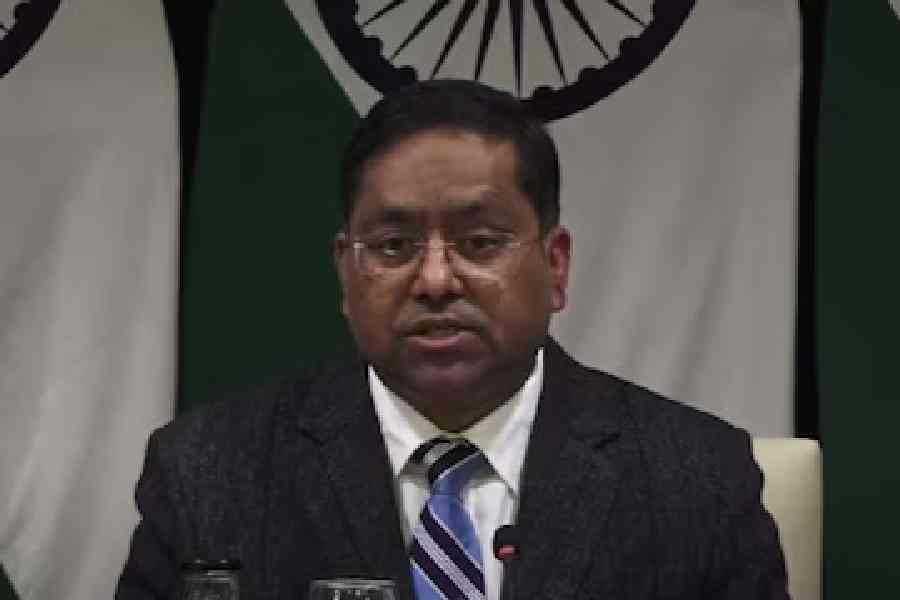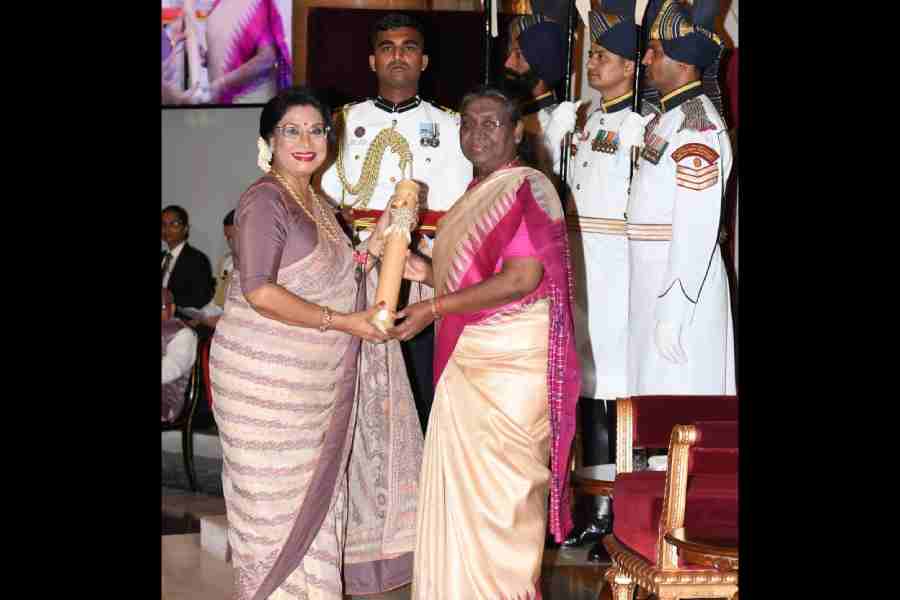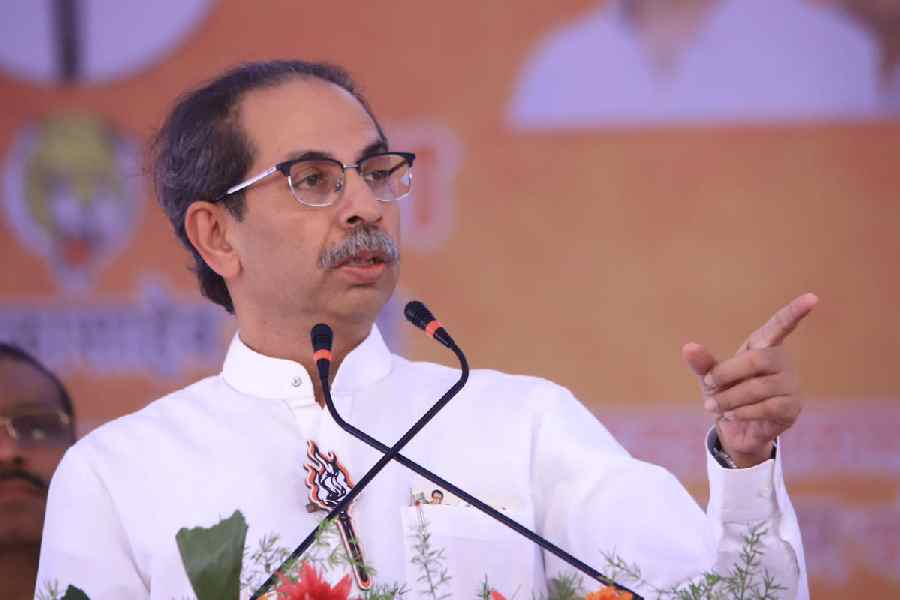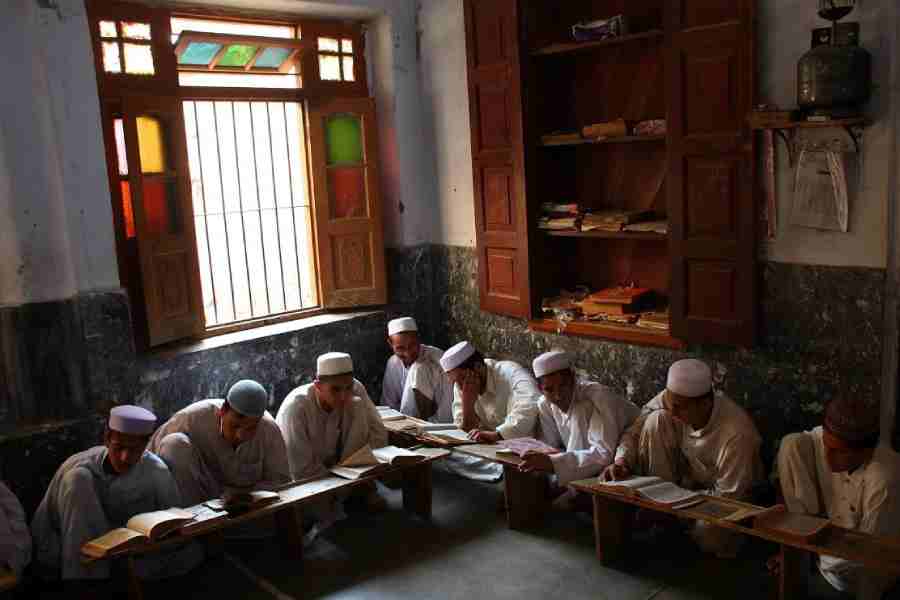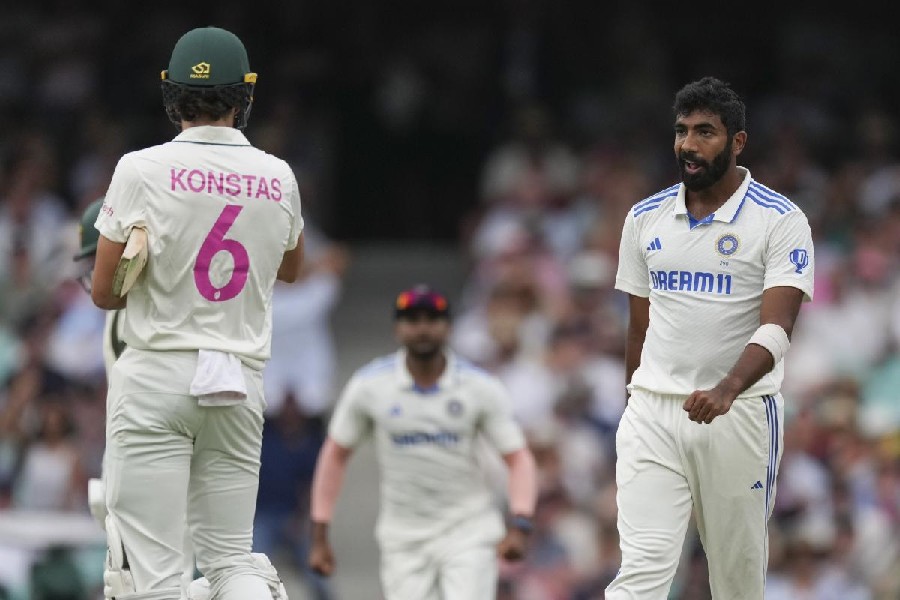The Bharatiya Janata Party’s success in retaining Haryana — the party will form the government for the third time — must count as one of its most spectacular electoral triumphs. The odds had been arrayed against the BJP. Apart from the usual obstacle of anti-incumbency, there was palpable anger against the saffron party in the rural agrarian constituency. The controversial Agnipath scheme was expected to harm its electoral prospects as well. Yet, as is often the case, the BJP not only managed to snatch victory against insurmountable odds but also improved upon its electoral tally of 2019. The factors that helped the BJP in this tough electoral campaign merit scrutiny. Amongst these, the BJP’s ability to script a successful counter-mobilisation among non-dominant social constituencies — especially the other backward classes in Haryana’s case — to neutralise the support for its principal rival, the Congress, among the Jats — the dominant caste group — must count as the most important. Interestingly, the BJP’s kitty in Jat-dominated seats was far better than what had been projected: it also held on to its dominance over southern Haryana. A formidable electioneering machinery, the adoption of a relatively silent — strategic — campaign and seamless coordination among the sangh fraternities were the other factors that helped the BJP. The victory in Haryana would have wider political ripples: it would provide much-needed oxygen for the party in its battles in poll-bound Maharashtra and Jharkhand.
The Haryana result would come as a shock for the Congress. The fact that the party could not transfer considerable public disenchantment with the incumbent government into tangible electoral gain should worry the Congress. It must also ponder other, grim realities. The dominance of the Hoodas in the Congress meant that while it had been confident of receiving the support of the Jats, it did not work hard enough to generate concomitant favour from the other communities. The minimal returns from the Congress’s outreach among Haryana’s socially disadvantaged groups are ironic given Rahul Gandhi’s current thrust to align the party’s broader vision with bahujan sensibilities. In a crowded electoral arena, a complacent Congress did not feel the need to have the smaller parties and independents on its side, resulting in the splitting of the non-BJP vote. Factionalism, as usual, raised its ugly head to hobble the party. The loss in Haryana is likely to impair the momentum that the Opposition had gained after the Lok Sabha polls and also cement the perception that the Congress comes up second-best in direct contests with the BJP in northern India.

